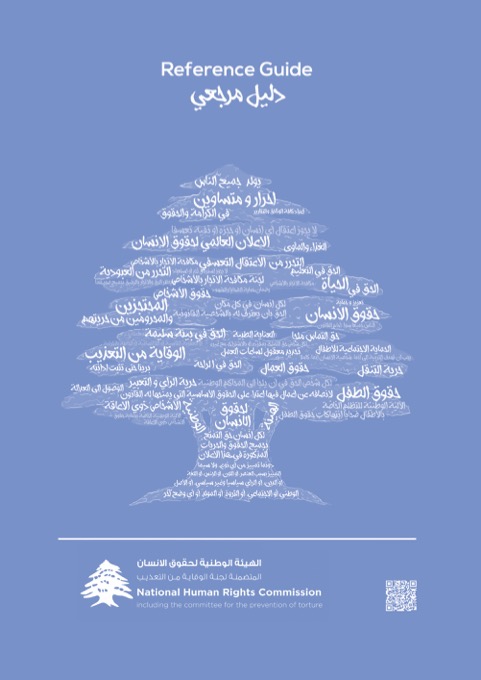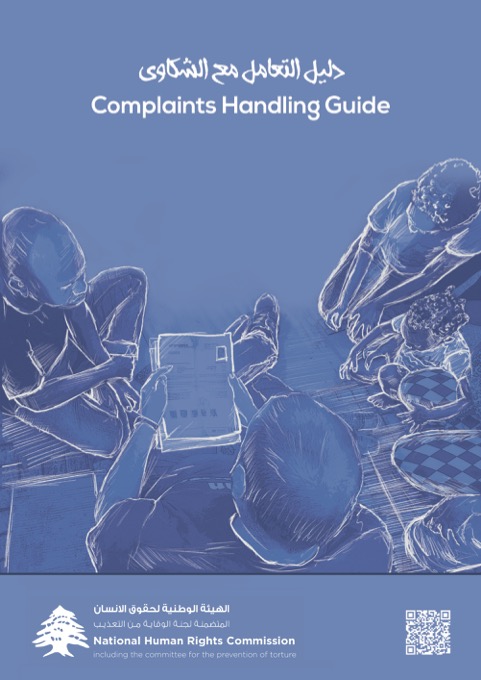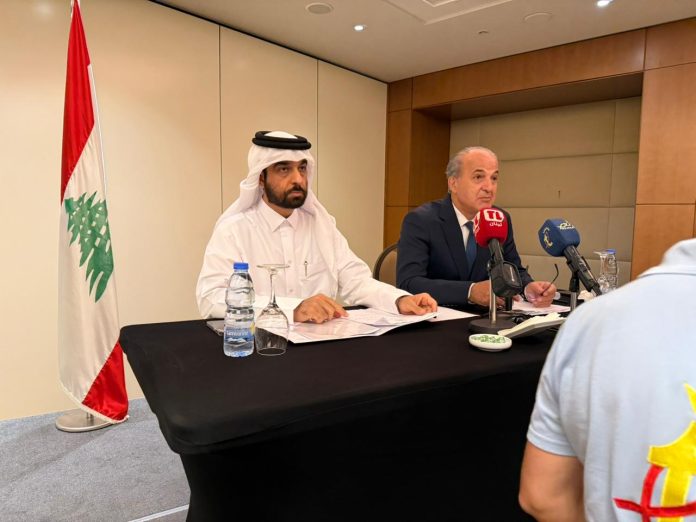The National Human Rights Commission, including the Committee for the Prevention of Torture, launched its 2024 annual report during an official ceremony held at the Movenpick Hotel – Raouche. The report is titled: “Upholding Human Rights and International Humanitarian Law: Addressing Torture and Grave Violations.” Additionally, a special report was released under the title: “Lebanon Under Attack: Challenges to the Rule of Law and Respect for Human Rights During the Israeli War on Lebanon
The ceremony was attended by a number of representatives from official administrations, military and security bodies, labor unions, and independent national institutions, along with members of the diplomatic and consular corps, ambassadors, and representatives of UN and international bodies, as well as civil society organizations active in the field of human rights, in addition to prominent human rights figures.
Speech by His Excellency Mr. Sultan bin Hassan Al-Jamali
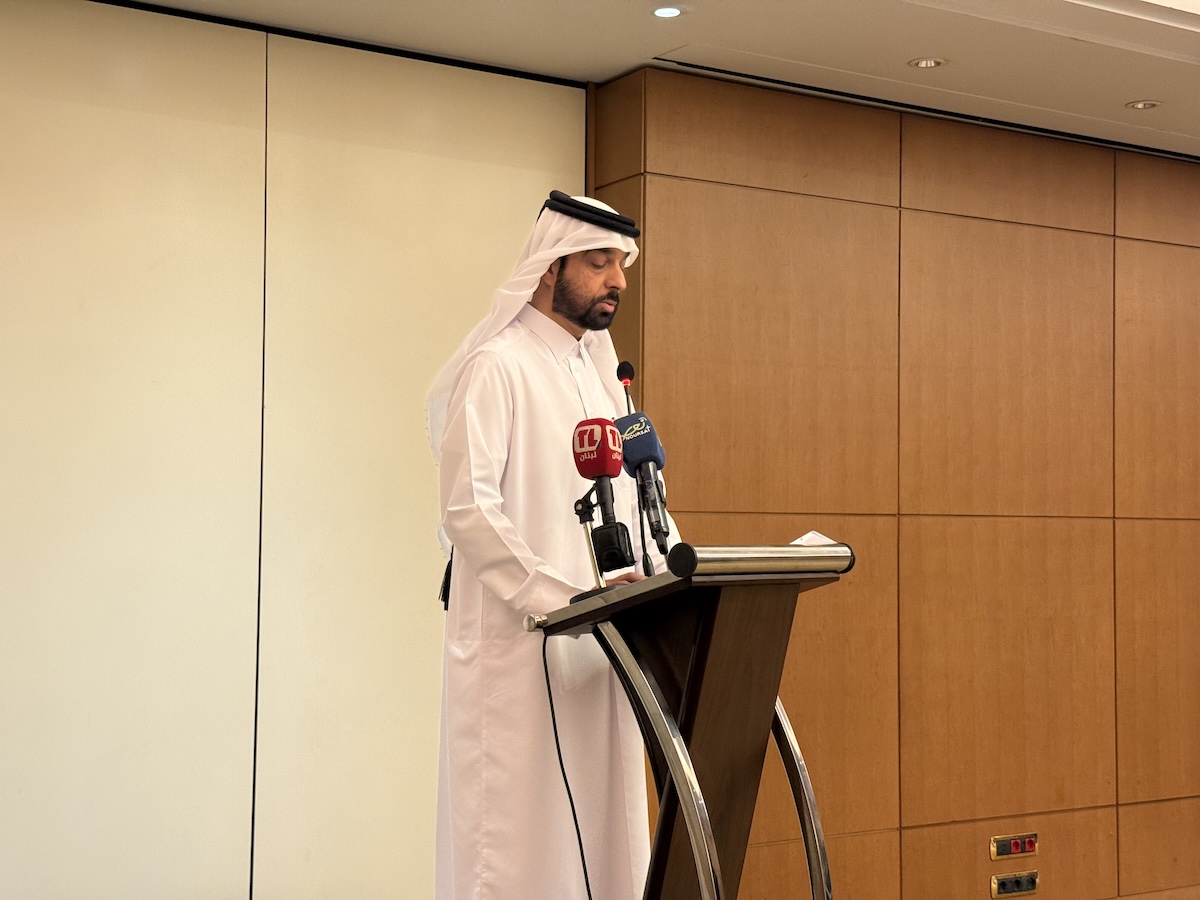
In his speech during the ceremony, His Excellency Mr. Sultan bin Hassan Al-Jamali, Secretary-General of the Arab Network for National Human Rights Institutions, expressed his deep appreciation for the tremendous efforts made by the National Human Rights Commission in Lebanon despite increasing challenges, saying:
“I am pleased to welcome you all to this important gathering and express my sincere gratitude to the National Human Rights Commission, including the Committee for the Prevention of Torture in Lebanon, and its head Dr. Fadi Gerges, for giving me the opportunity to join you in launching this report, which reflects tireless efforts to protect and promote human rights in Lebanon.”
Al-Jamali emphasized that the report demonstrates the Commission’s ability to operate effectively despite limited resources, noting:
“Its sound management and openness to cooperation with civil society and stakeholders. Throughout 2024, it monitored economic and political violations and the repercussions of the Israeli aggression, providing an accurate assessment of the state’s commitment to international treaties while highlighting the most marginalized groups.”
He also praised the Commission’s contributions to international and regional conferences, particularly through the Arab Network, and its participation in UN working groups aimed at enhancing child protection and combating human trafficking.
Al-Jamali added:
“The Commission has fulfilled its role in an exemplary manner despite the challenges, and has succeeded in establishing a model to be emulated by national human rights institutions, through the transparent and professional voluntary work of its president and members, and in close cooperation with stakeholders.”
He called on the Commission to apply for accreditation before the Sub-Committee on Accreditation of the Global Alliance of National Human Rights Institutions, affirming the Arab Network’s readiness to provide all possible support and advice to ensure the success of this important step.
At the conclusion of his speech, Al-Jamali said:
“We extend our gratitude and appreciation to all those who support the Commission in its work, particularly the United Nations Development Programme and the European Union. We look forward to continued cooperation to uphold the principles of human dignity and to promote and protect human rights in Lebanon.”
Speech by the President of the National Human Rights Commission
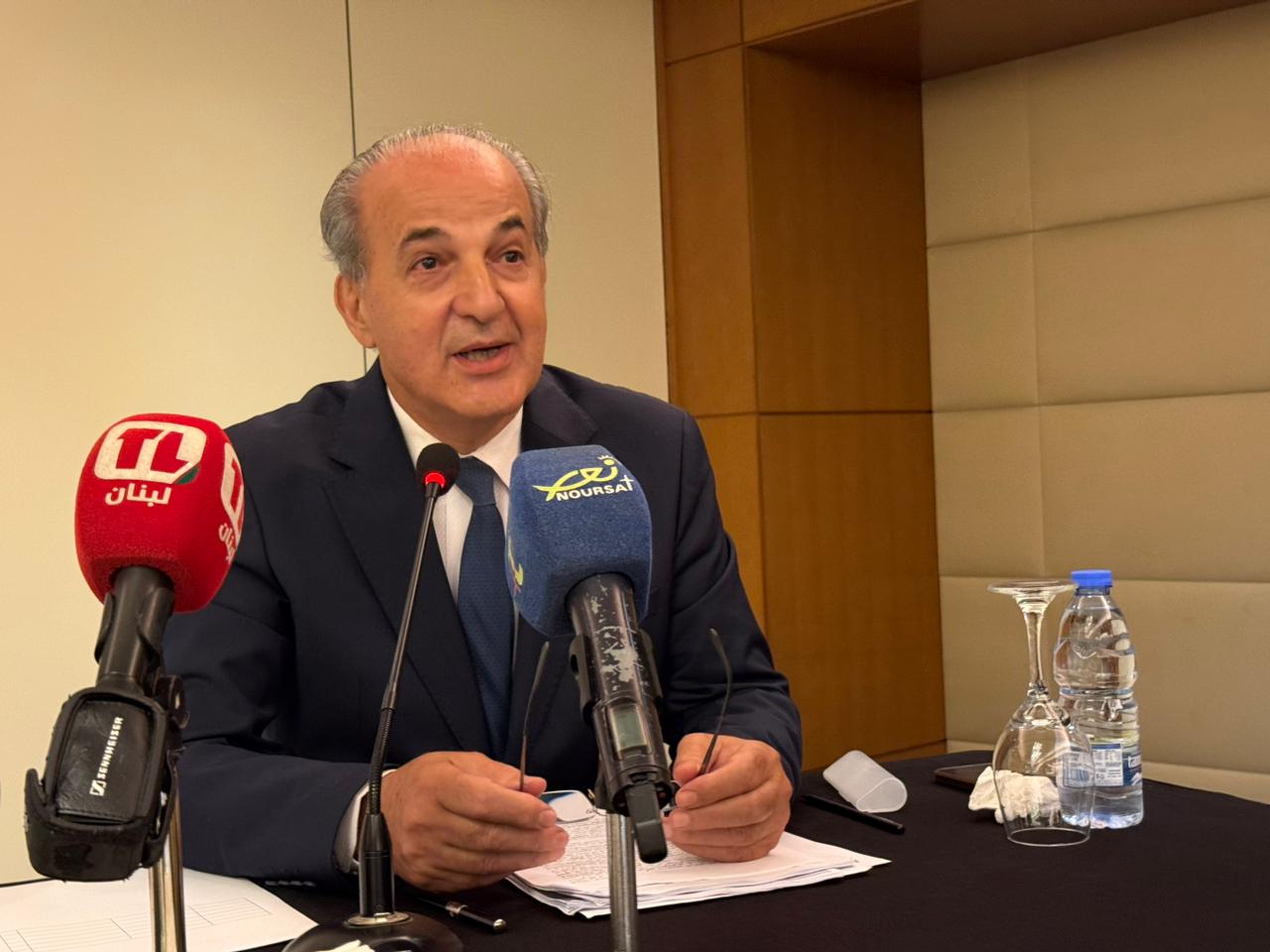
For his part, the President of the National Human Rights Commission, Dr. Fadi Gerges, delivered a comprehensive speech in which he reviewed the contents of the two reports, stressing that the field documents “confront us with a historical and moral responsibility that cannot be evaded.”
Dr. Gerges said:
“It is both a pleasure and an honor to welcome you on this day, as we present a documented testimony of human suffering in Lebanon during a year that was among the most difficult in terms of human rights and living conditions.”
He added:
“The annual report and the special report on the Israeli war on Lebanon are not merely compilations of facts or figures, but a cry of conscience. We witnessed how the fundamental rights of the Lebanese — from health, education, and housing to freedom of expression, justice, and accountability — crumbled under the weight of financial collapse and military assaults.”
Speaking about the war, Gerges noted:
“The Israeli aggression on Lebanon was not merely a military operation — it was a systematic assault on life itself, targeting people and infrastructure, hospitals and schools, ambulances — leaving an indelible mark on the memories of children and their families.”
He emphasized that the Commission is “launching this report today with our eyes on those who must act — the judiciary, the government, and UN bodies — to uphold justice and deter violators.”
He also highlighted the role played by the Committee for the Prevention of Torture, saying:
“We conducted more than 200 visits to detention centers and prisons and faced a grim reality that demands a comprehensive national plan to reform this sensitive sector. One cannot speak of human dignity in a country where detainees’ rights are violated without accountability.”
Dr. Gerges concluded:
“At the National Human Rights Commission, we consider this report an open call to action — not a final destination. Human rights are not protected by slogans, but through policies, laws, and strong, independent institutions.”
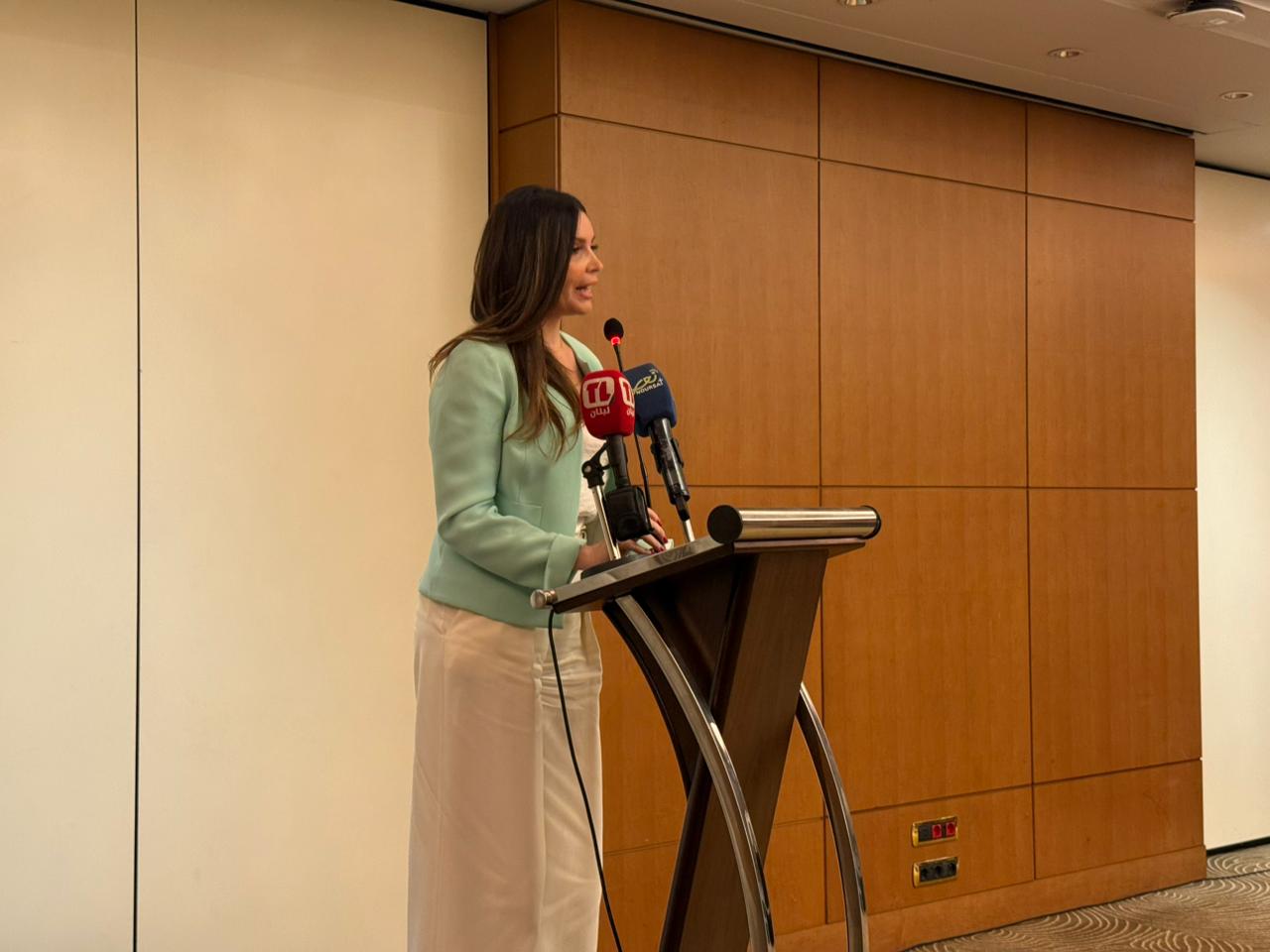
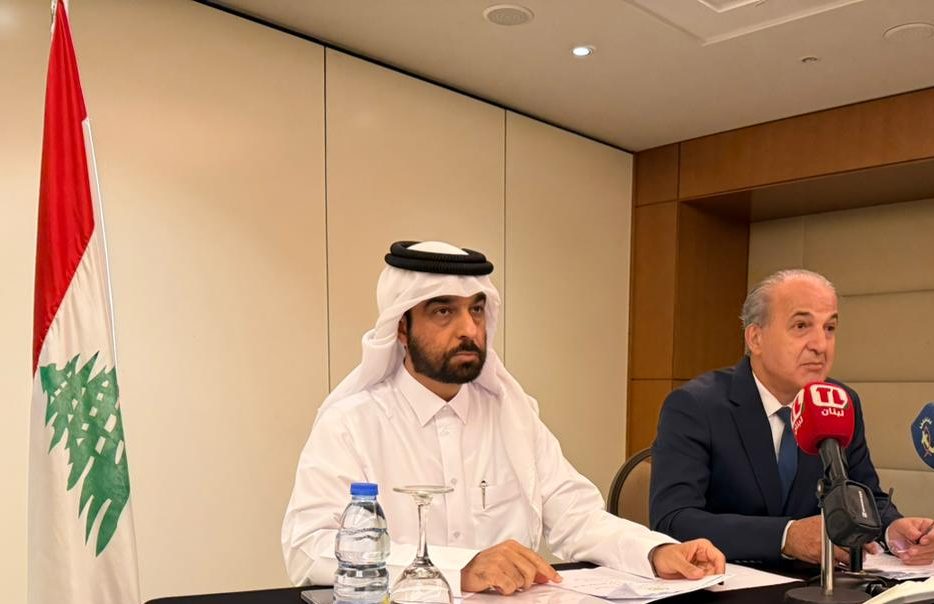
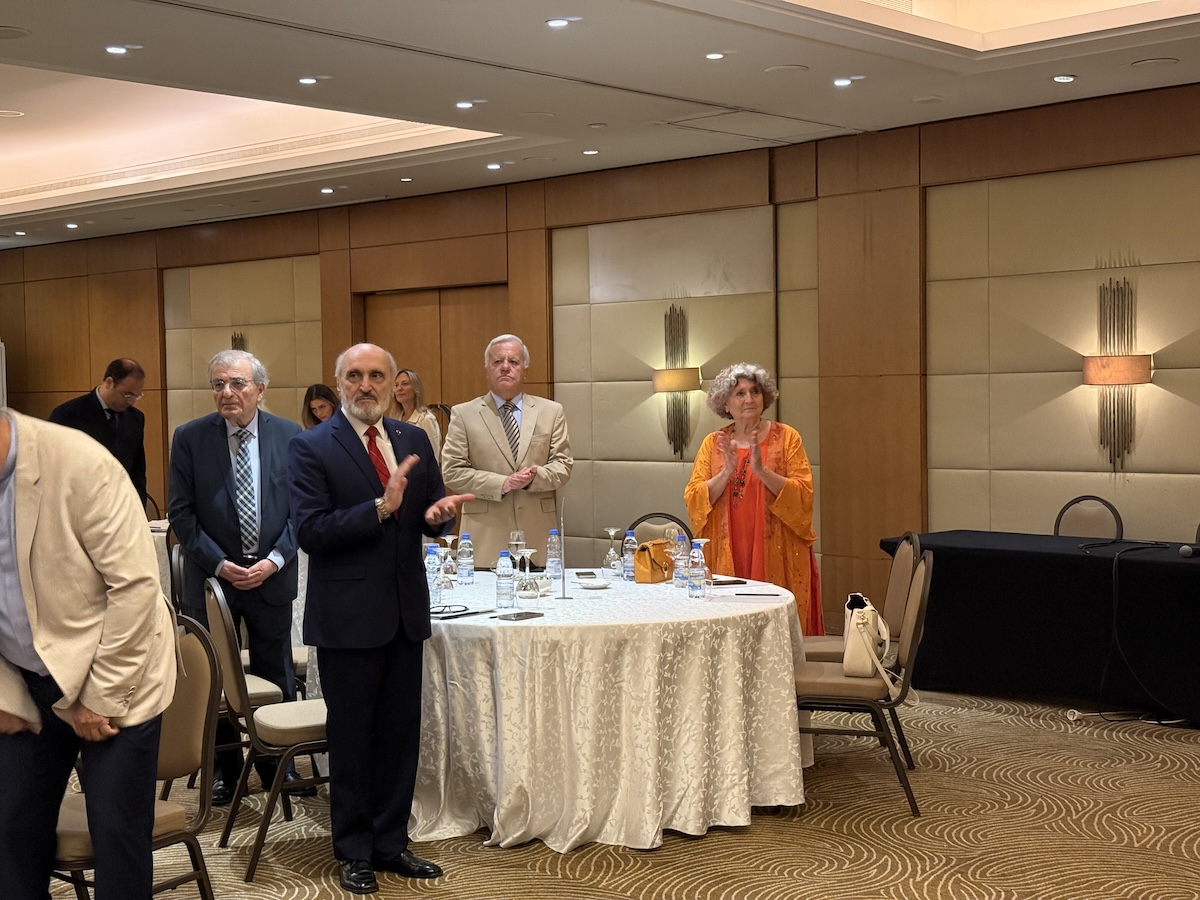
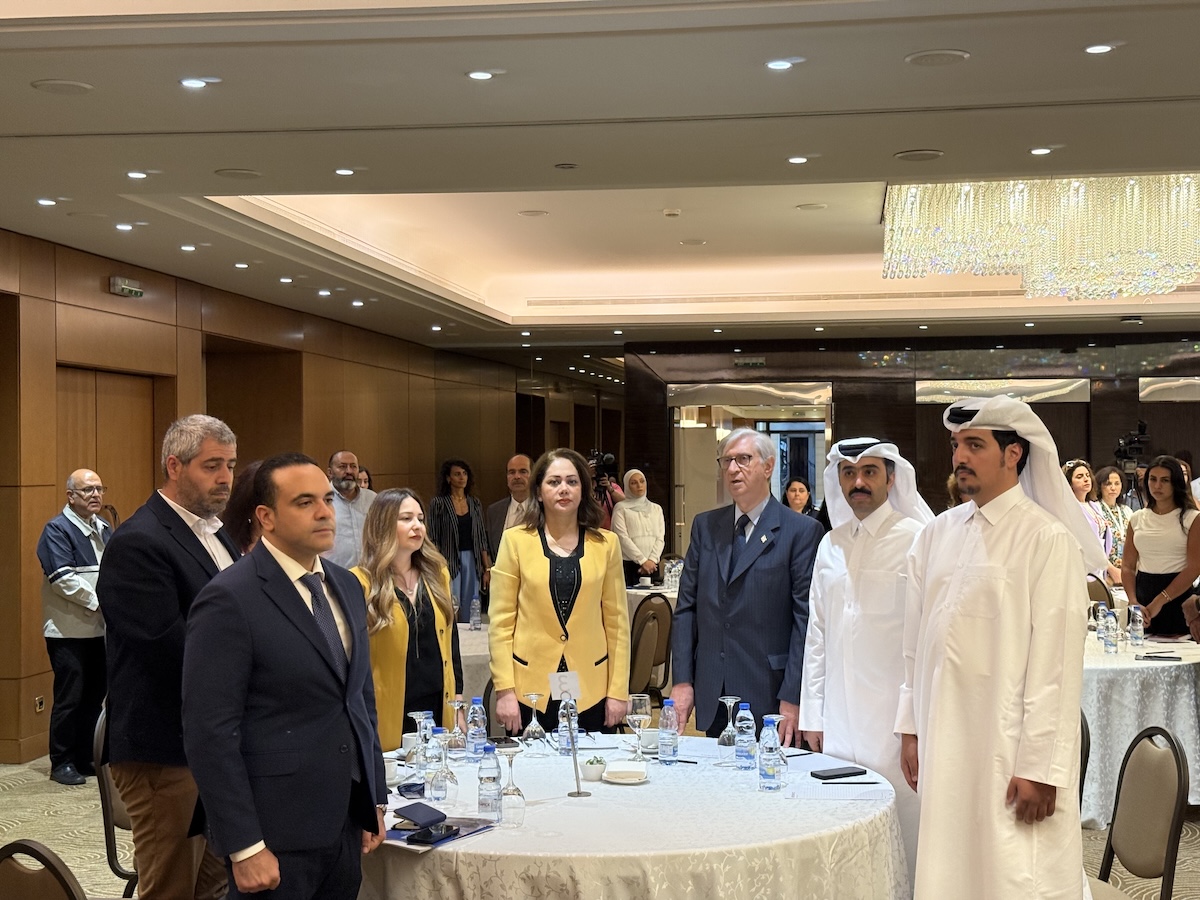
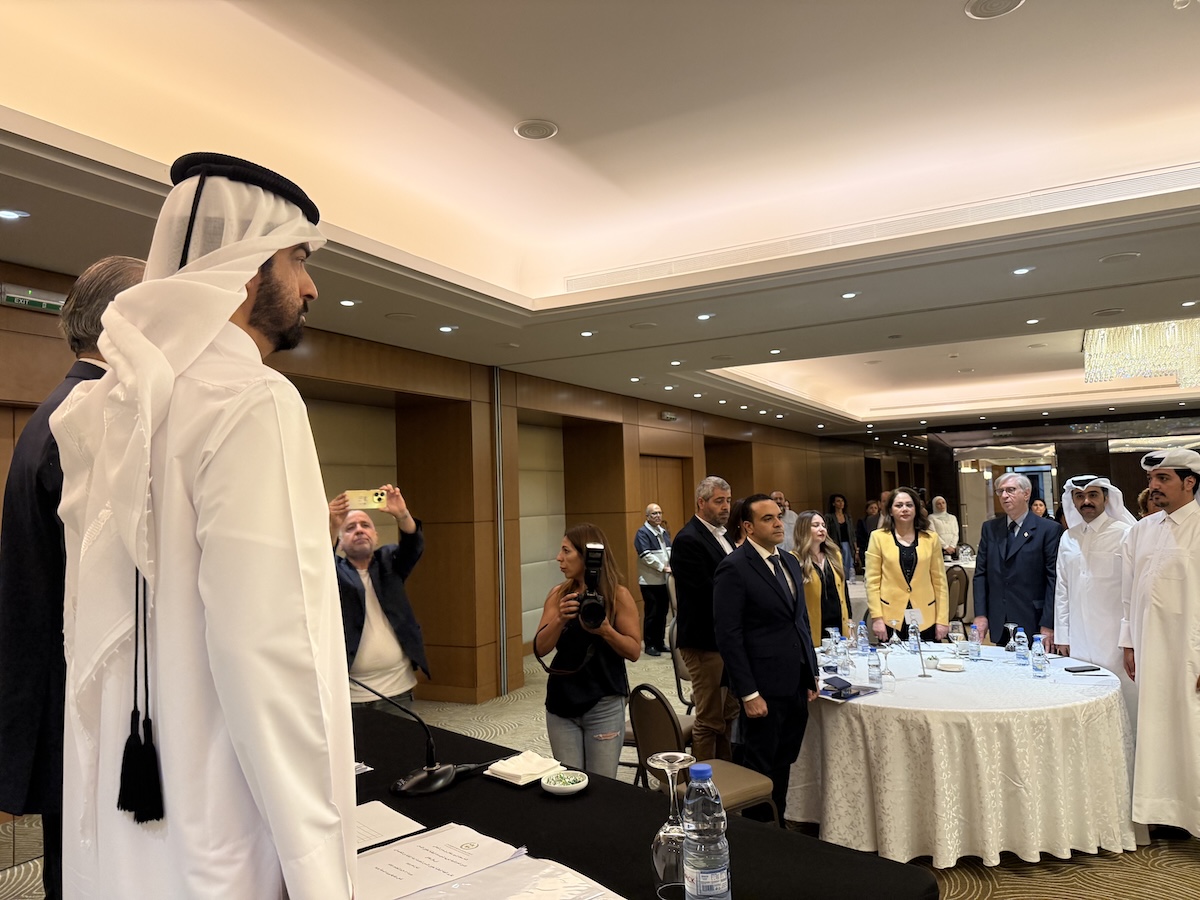
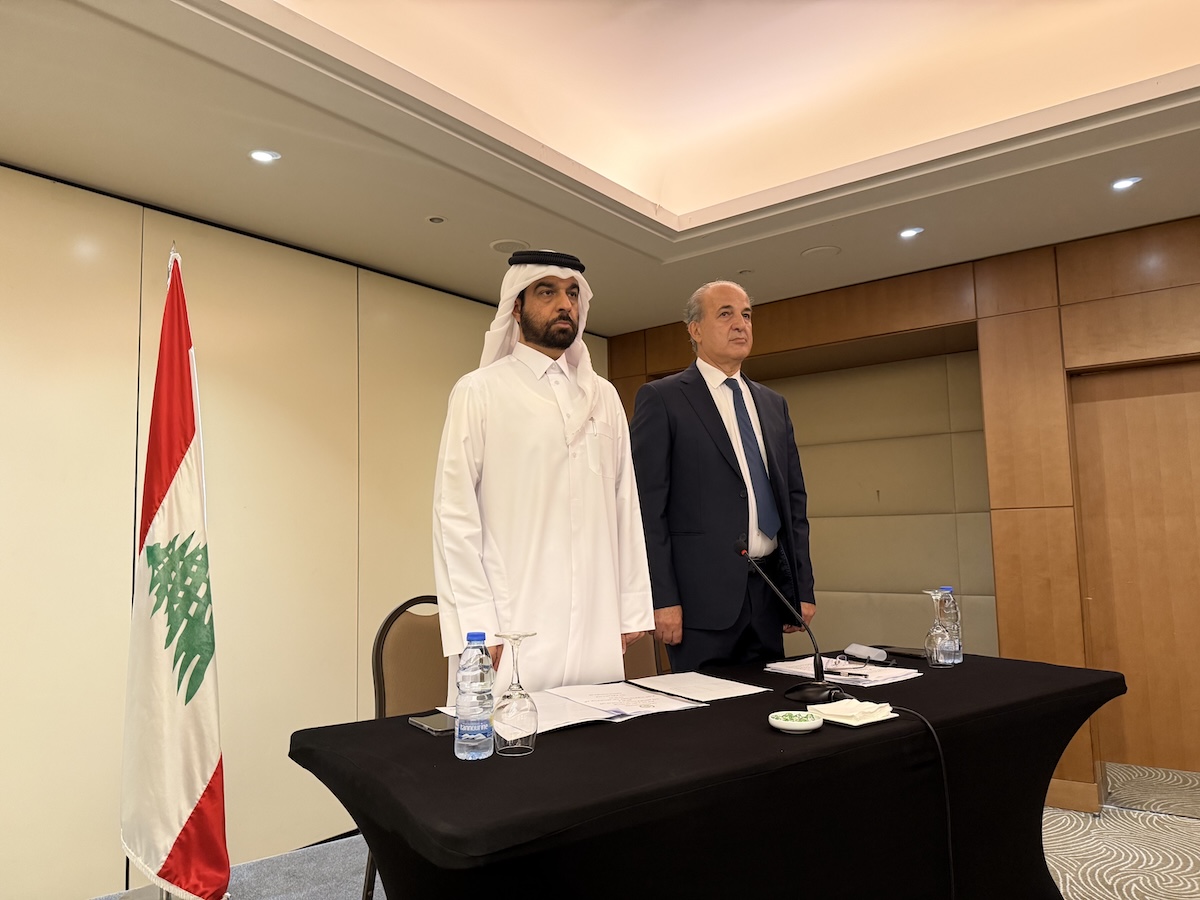
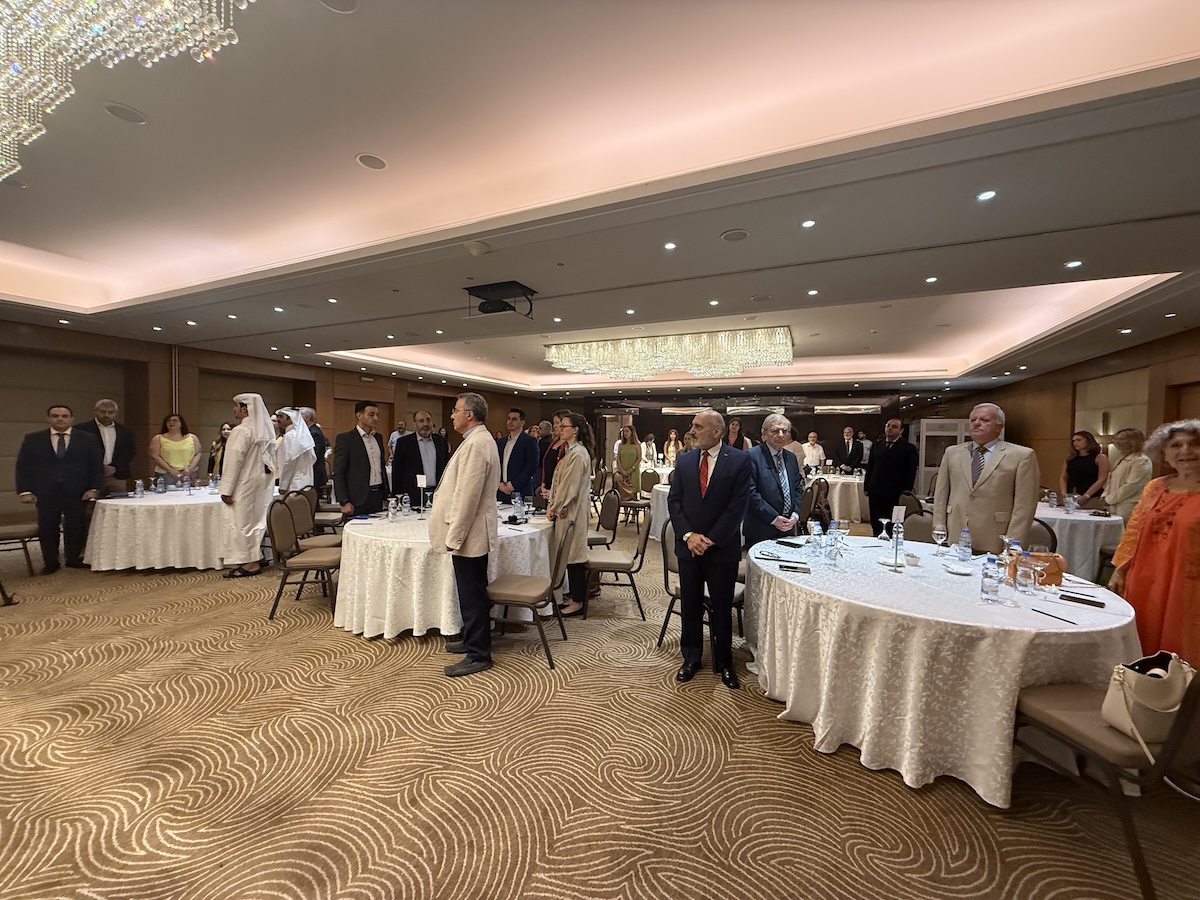
هذه المقالة متاحة أيضًا بـ: العربية (Arabic) Français (French)
